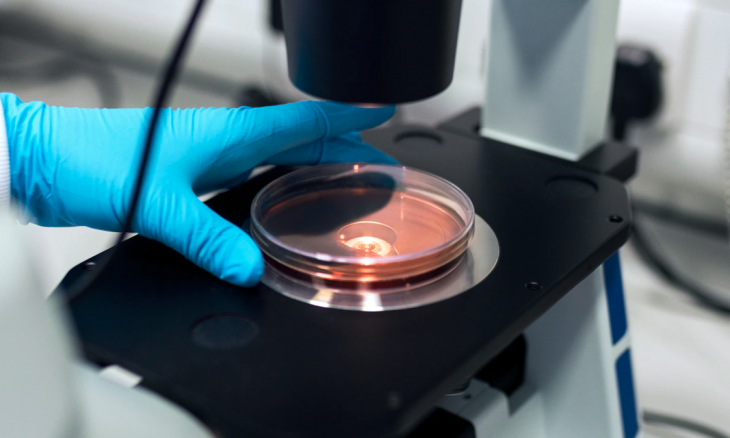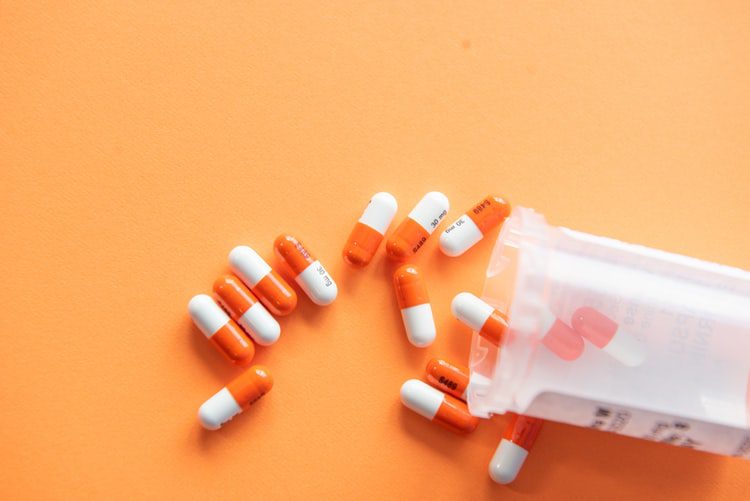The new guidance seeks to lower development costs and improve patient access to safe, effective alternatives to high-cost biologic medicines.
The U.S. Food and Drug Administration (FDA) recently proposed reforms to accelerate the development of biosimilar drugs—lower-cost alternatives (generic) to brand-name biologics that treat chronic and serious illnesses. Under new draft guidance, the agency intends to simplify approval requirements by reducing unnecessary clinical testing and stressing analytical studies to confirm product similarity.
Biologic medications account for 5 percent of U.S. prescriptions but constitute more than half of all drug spending. While 76 biosimilars have been approved since 2015, they represent less than one-fifth of the biologic drug market. The FDA also plans to make it easier for biosimilars to qualify as interchangeable with original biologics, allowing patients and pharmacists to select affordable treatment options more readily.
“Biosimilar reform furthers President Trump’s directive to lower drug prices for the American people. Biologics treat many chronic diseases, but for too long, a burdensome approval process has kept patients from accessing more affordable biosimilars,” said Health and Human Services Secretary Robert F. Kennedy, Jr.
Secretary Kennedy and FDA Commissioner Marty Makary said the initiative seeks to promote competition, expand patient choice, and reduce costs while maintaining safety and effectiveness standards.
As the Lord Leads, Pray with Us…
- For Secretary Kennedy as he advocates for the increase in biosimilar prescription medications.
- For Commissioner Makary to be discerning as he oversees the updates to FDA guidance on developing medications.
Sources: Department of Health and Human Services









